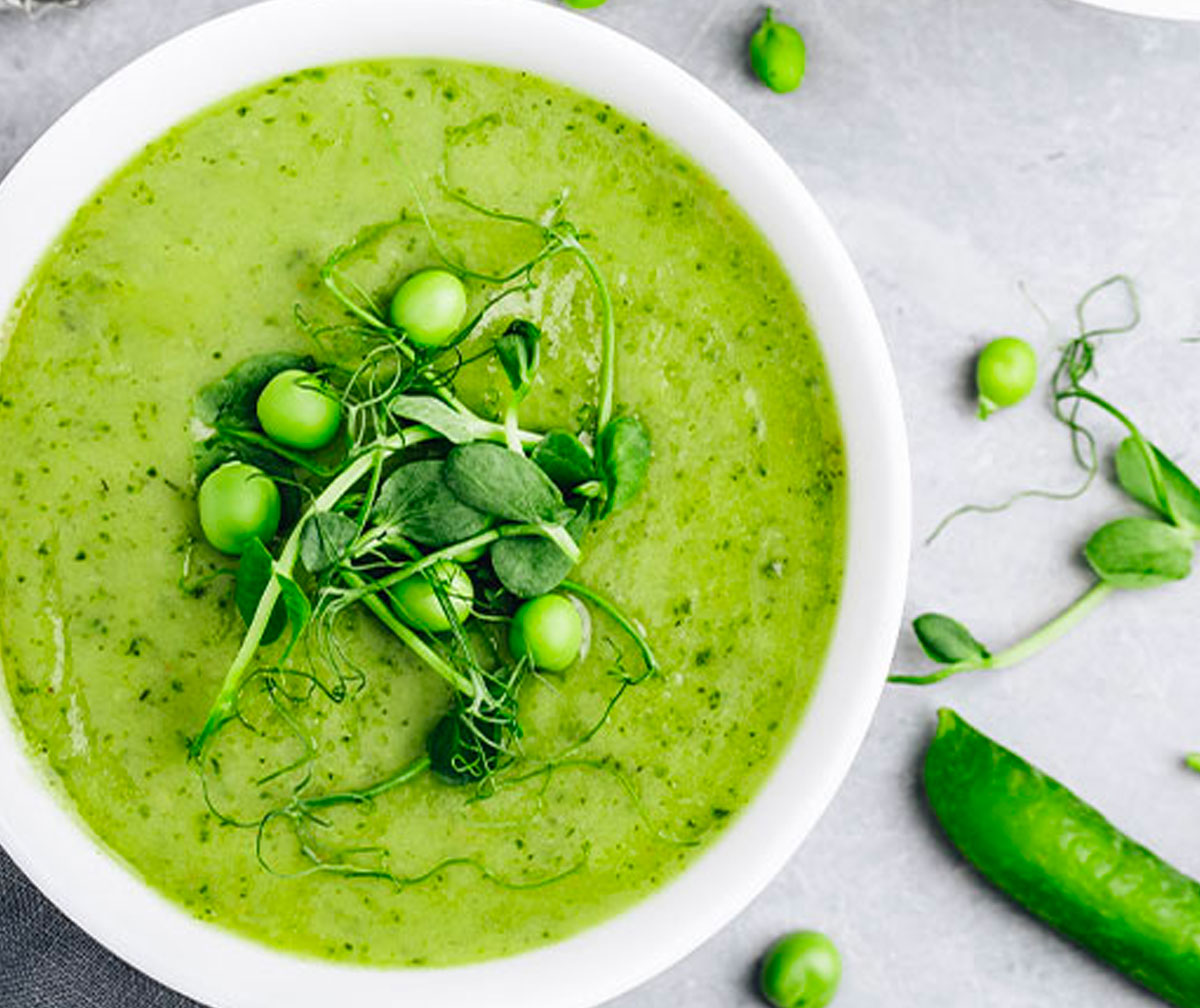‘I’m a Functional Medicine Doctor—Here Are 4 Things You Need To Be Doing for Your Skin This Winter’
Kara Jillian Brown / January 17, 2022 / Lifestyle Medicine & Nutrition
When you think about skin care, your brain likely goes straight to topicals. And rightfully so—the products you slather on your skin can make a huge difference in its health. But according to functional medicine doctor Stacie Stephenson, DC, DNS, your approach shouldn’t just be surface level.
“You could apply functional medicine to anything having to do with your body, and skin care is no exception,” she says. “If you have a skin issue, whether that’s acne, rosacea, eczema, psoriasis, sun damage, or wrinkles, you could just treat the problem topically. But the functional medicine approach is more likely to treat the skin issues from the inside out— rather than the outside in—through things like improving your diet and eating specific skin-improving foods.”
This all goes back to the ethos of functional medicine, which focuses on treating the cause of issues instead of focusing solely on cleaning up symptoms.
“Functional medicine is both a new way of practicing medicine and a traditional way,” says Dr. Stephenson. “Conventional medicine essentially categorizes symptoms and severity to determine a diagnosis and treatment, usually with medications and-or surgeries. Sometimes this is necessary, for example, when doctors need to intervene to save someone having a heart attack or do a lifesaving cancer surgery. However, in functional medicine, we take into account that any number of different things can cause a symptom, so instead, basing our approach on symptoms, we work to find the root cause of symptoms.”
4 functional medicine winter skin-care tips to follow
1. Fill your diet with healthy fats
“Healthful fats, like the kinds in fatty fish, avocadoes, and walnuts, help to keep your skin soft and supple from the inside out,” says Dr. Stephenson, who is a board member for the American Nutritional Association. “Eat a plant-centric, whole-food-centric diet with plenty of seafood, and you’ll notice the difference because you will be providing your body with everything it needs to keep your skin healthy, glowing, and vibrant.” Dr. Stephenson recommends eating fatty fish like salmon or mackerel two to three times a week during the winter. If that’s not your vibe, she says to try a fish oil supplement.
2. Eat lots of colorful fruits and veggies
Lots of skin issues like eczema, acne, and psoriasis are caused in part by underlying inflammation, and Dr. Stephenson says eating an anti-inflammatory diet can help. “Colorful fruits and vegetables fight inflammation for a clearer complexion with less redness and less acne,” she says. Keeping your plate colorful and eating the rainbow ensures you’re getting a wide array of nutrients. For example, red fruits like tomatoes, watermelon, and grapefruit are high in the carotenoid lycopene, which can help rid the body of free radicals that can destroy collage and attack elastin fibers that keep your skin firm.
3. Stay hydrated inside and out
Not only does drinking water help you feel better and contribute to healthy aging, but it can also make your skin feel better. “Drinking half your body weight in ounces of water every day can head off chapping and redness by upping your body’s moisture content,” says Dr. Stephenson. So keep a water bottle handy and be sure to drink up. You also want to consider the moisture content of your air. If it’s dry where you live, a humidifier can work wonders for your skin health. “Especially during the dry winter months, a humidifier can help keep your skin plumped up and dewy if you use it during the night when central heating can suck the moisture out of skin,” says Dr. Stephenson. “Bonus: It can also improve hydration in the sinuses, which could make help your body resist viruses.”
4. Keep your room cool while you sleep
“Sleeping in a hot, dry bedroom with the heat blasting can dry out skin quickly, leaving you feeling parched and your skin looking flaky and dry in the morning,” says Dr. Stephenson. “It’s better for your skin, and also for your sleep quality, to keep the bedroom at around 65°F during the night.”
You may also like…
I’m a Doctor and Here’s How to Become Younger
‘I'm a Doctor and Here's How to Become YoungerHeather Newgen / January 16, 2022 / Lifestyle Medicine & Nutrition1...
Possible Health Benefits of Moringa
Possible Health Benefits of MoringaJessica Migala / April 15, 2022 / Lifestyle Medicine & Nutrition Moringa leaf,...
Spring Pea Soup
Spring Pea Soup - Made with spring peas, spinach and microgreens, this healthy soup is perfect for spring.Dr. Stacie...





